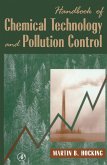
eBook, PDF
22. Oktober 2013
Elsevier Science & Techn.

Ähnliche Artikel
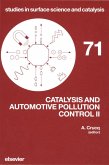
eBook, PDF
20. November 1991
Elsevier Science & Techn.
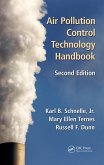
eBook, PDF
2. Oktober 2015
Taylor & Francis eBooks

eBook, PDF
8. September 2008
Elsevier Science & Techn.
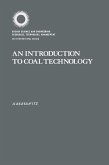
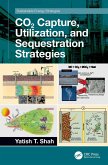
eBook, PDF
11. November 2021
Taylor & Francis eBooks
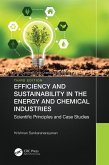
eBook, PDF
5. September 2023
Taylor & Francis eBooks

eBook, PDF
22. Oktober 2013
Elsevier Science & Techn.
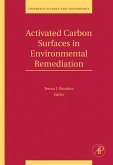
eBook, PDF
27. Februar 2006
Elsevier Science & Techn.
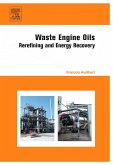
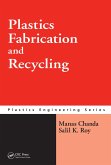
Ähnlichkeitssuche: Fact®Finder von OMIKRON
